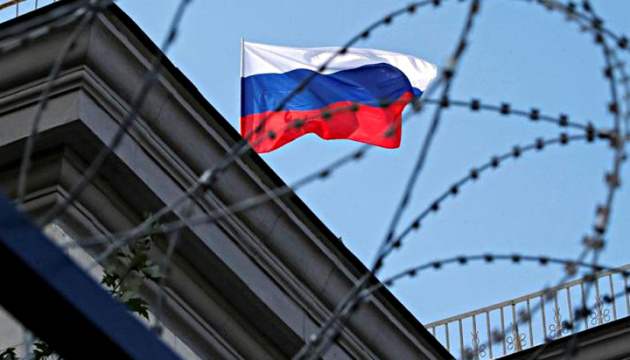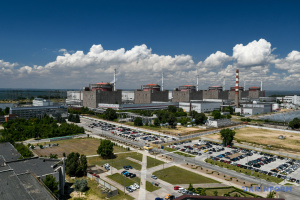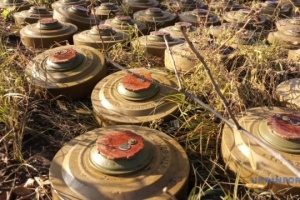
Russia buying billions of dollars worth of dual-use goods to circumvent sanctions
According to Ukrinform, Verstka publication stated this.
The journalists managed to calculate the volume of sanctioned goods imported to Russia for the period from January 1 to July 1, 2023, using closed customs statistics. They also found out how the illegal supply schemes work.
Thus, according to the publication, despite the sanctions, Russia continues to receive dual-use chips that can be used for missile production. Over the past six months, the Russian authorities have cleared goods from American companies Analog Devices Inc. worth over $98 million, Xilinx - more than $75 million, Microchip Technology - over $42 million, Texas Instruments - at least $38 million, and Infineon, Germany's largest semiconductor manufacturer, - over $28 million.
Marvell, Cypress Semiconductor, and Atmel products totaling about $18 million were also imported into Russia. In addition, products of the American Intel and AMD, including microprocessors, were imported to Russia for over $169 million and $35 million, respectively.
Hundreds of companies import dual-use chips to Russia. In this list, journalists found that 11 out of the 25 largest importers are direct suppliers of Russian military-industrial enterprises.
Sanctions were imposed on Analog Devices Inc. importers - VMK and Testkomplekt, which are suppliers to Rostec companies. The sanctions imposed in January did not hinder their operations. Year to date, they have imported components worth about $20 million.
In addition, year to date, Unimatik has freely imported into Russia machines made by Italian O.M.V. and German Arinstein worth at least $5 million. Moreover, in some cases, the sender was the manufacturer itself. For example, in May, Unimatik imported milling machines that were shipped from Italy by O.M.V. Officine itself, despite the fact that this type of product is still under EU export control. One of Unimatik's main government customers is Plant No. 9, Russia's leading tank gun manufacturer, Verstka reports.
In addition, according to the publication's estimates, Russia's four largest airlines - Aeroflot, S7, Pobeda, and Rossiya - have imported $47 million, $35 million, $13 million, and $15 million worth of aircraft parts into the country year to date, respectively. Almost all of the components are from Western manufacturers.
The key re-export destinations are China, Hong Kong, the UAE, and Türkiye. The countries of the former USSR - Kazakhstan, Kyrgyzstan, Armenia, and Uzbekistan - play an important role. According to Verstka, supplies from the European Union go through Italy, Germany, and Estonia (it is noted that the Estonian company Elmec Trade OU has already been included in the U.S. sanctions list).
In the investigation, the journalists outlined a scheme for supplying Russia with sanctioned products: a company is registered in a third country, which either buys the required goods on the domestic market or orders them directly from the manufacturer and re-exports them to Russia.
Overall, according to the source, it has become more difficult to import goods into Russia compared to last year. Suppliers have begun to deal with this, in particular by tracking deliveries through third countries.
As Ukrinform reported, the day before, the EU decided to extend restrictive measures against Russia in connection with its war of aggression against Ukraine for another six months - until January 31, 2024.
At the same time, the U.S. Department of the Treasury and the State Department announced on Thursday additional sanctions against Russia. They limit primarily its military capabilities, as well as its revenue opportunities and access to high technology.




